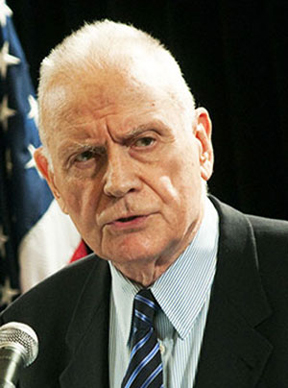
Before the ins and outs of the 2016 presidential contest become a preoccupation for many of us, it seems a good time to step back and look at the office of the presidency for which so many candidates are vying. The presidency inherited by whoever wins next November will be substantially changed from the position his or her predecessors occupied a few decades ago.
The President is now the chief – and sometimes the sole – actor in American government. He far outweighs the other so-called “co-equal” branches. People don’t expect Congress or the Supreme Court to solve the country’s problems. Instead, they look to the President for initiatives, for remedies, and increasingly – and sadly – to serve as a de facto pastor to the nation when we confront a tragedy.
Not even the press can hold the President to account any more, except under extraordinary circumstances. For one thing, it’s very hard to grill the President these days. The tradition of regular presidential news conferences has all but disappeared, making it very hard to find a forum or a place where people outside the White House bubble can ask the President probing questions and press for thorough explanations of a policy or problem.
Which is a shame not just for the obvious reasons, but also because the federal government cries out for more accountability these days. Whoever is President next, he or she would do well to pay more attention to effective management of the vast executive establishment than has been the practice until now. Otherwise, the breakdowns in the operation of government to which we’ve grown accustomed will continue.
That’s because government today is strained at every level. Highly complex problems pile up with great rapidity, and government needs highly skilled people to deal with them. Every President comes into office insisting he’ll make government work better, but invariably he is distracted by the rush of events.
This is not entirely the President’s fault. The Congressional Research Service estimates that 1,200 to 1,400 positions are subject to confirmation by the Senate, and Presidents often have a hard time getting the people they want into position.
To sum it up, while the President’s accumulation of power is a serious problem in the big picture, it nonetheless is a fact. We ought to make it easier for him to get the people he needs in a position to make government work more effectively.
Lee Hamilton is Director of the Center on Congress at Indiana University; Distinguished Scholar, IU School of Global and International Studies; and Professor of Practice, IU School of Public and Environmental Affairs. He was a member of the U.S. House of Representatives for 34 years
Lee H. Hamilton






